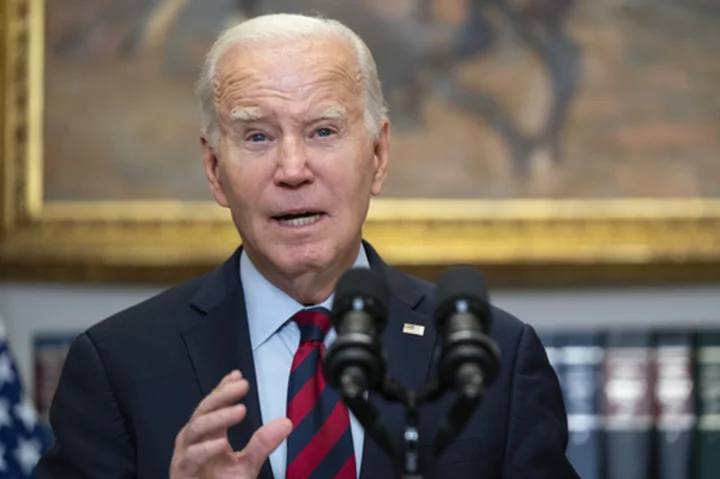Hungary may need to consider raising its inflation goal as price-growth is unlikely to return near the central bank’s 3% target, according to Economic Development Minister Marton Nagy.
The comments threaten to undermine the authority of the central bank, which is trying to convince investors that it can rein in the European Union’s highest rate of inflation, and may push Hungary toward a more unorthodox economic policy mix.
Writing in an opinion piece for a pro-government daily, Nagy, a former central bank deputy governor, said global “structural” factors, including energy, demographics and the cost of capital, may be raising price-growth. Increasing the inflation target may make the central bank more credible in such an environment, he said.
“A higher inflation goal may help lower real interest rates, making borrowing more accessible, incentivizing investment and economic expansion,” Nagy said in an op-ed published on Monday in Magyar Nemzet newspaper.
The central bank’s press office declined to comment when reached by Bloomberg.
The forint fell 0.2% to 368.64 per euro in early trading on Monday. It still traded close to a 14-month high, anchored by the central bank’s 17% key interest rate, the highest in the EU.









